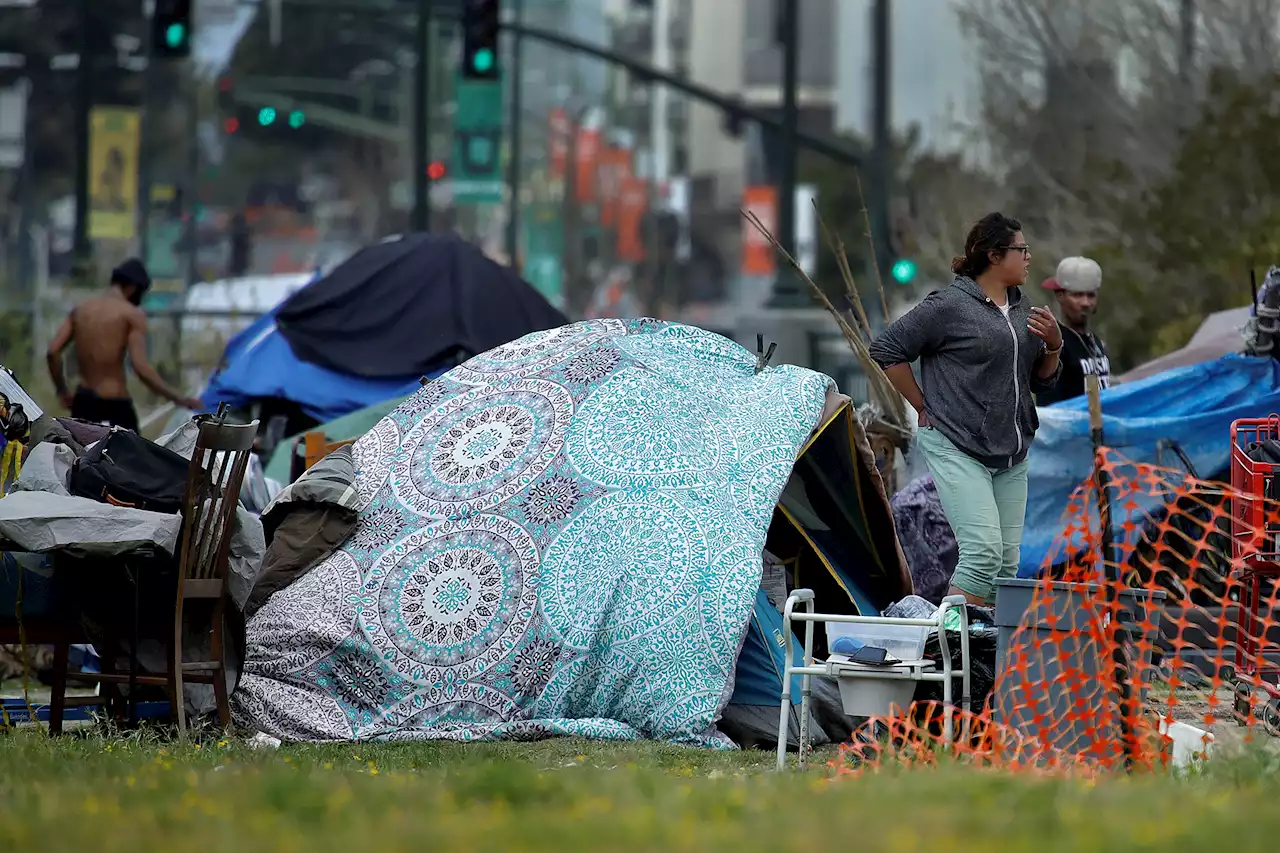A UC Berkeley inequality study finds that, although efforts to reduce inequality are popular, many of the rich or people in “advantaged groups” resist equity policies, believing they’ll be harmed. Do the rich see inequality as a zero-sum game?
California has one of the highest levels of income inequality in the nation, and nearly six out of 10polled said they believe the government should do more to reduce the gaps between rich and poor.
That’s because they believe inequality is a zero-sum game, the researchers wrote, so much so that the “advantaged group” in the study experiments sometimes selected “lose-lose” policies that would have reduced their own access to resources just to maintain the disparity among groups. They said it’s a possible explanation for why even California liberals push back on policies that would reduce inequality.
For instance, in one scenario, white non-Hispanic Americans in the study were told that white homebuyers have received far more in home loans than Latino homebuyers. They were then presented with hypothetical policy proposals for banks to increase, decrease, or maintain loans to Latino homebuyers — and they were told that the amount being loaned to white homebuyers would not change.
